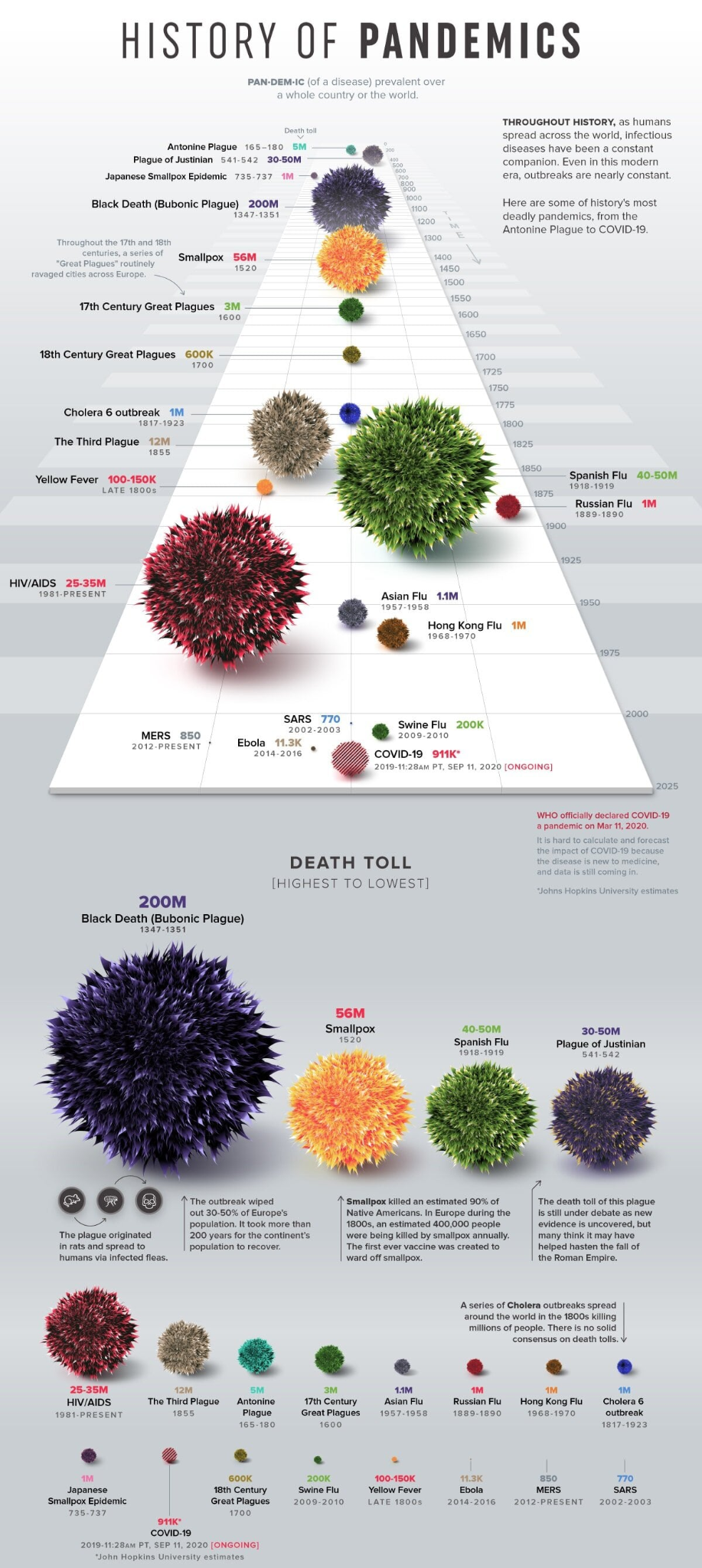Important Facts For Prelims
WHO launches CoViNet
- 29 Mar 2024
- 4 min read
Why in News?
The World Health Organization (WHO) has introduced a new initiative, Coronavirus Network (CoViNet), aimed at enhancing global surveillance and response capabilities against coronaviruses.
What is Coronavirus Network (CoViNet)?
- About:
- CoViNet is designed to facilitate and coordinate global expertise and capacities for the early detection, monitoring, and assessment of various coronaviruses.
- Beyond focusing solely on SARS-CoV-2, CoViNet will also assess other coronaviruses, including Middle East respiratory syndrome coronavirus (MERS-CoV) with a particular emphasis on enhancing laboratory capacity and surveillance.
- MERS-CoV is a zoonotic virus(transmitted between animals and people). It has been identified and linked to human infections in dromedary camels in several Member States in the Middle East, Africa and South Asia.
- The establishment of CoViNet builds upon the foundation laid by the WHO Covid-19 reference laboratory network, initially set up during the early stages of the pandemic in January 2020.
- Significance of CoViNet:
- The network's establishment underscores the persistent epidemic and pandemic risks associated with coronaviruses and the necessity for proactive surveillance and response measures.
- Key Features of CoViNet:
- CoViNet includes 36 labs from 21 countries across all six WHO regions, with three Indian labs: Council of Scientific and Industrial Research-National Environmental Engineering Research Institute, Indian Council of Medical Research-National Institute of Virology in Pune, and Translational Health Science and Technology Institute.
- It emphasises a comprehensive One Health approach encompassing human, animal, and environmental health.
- The network's objective is to equip WHO Member States with enhanced capabilities for early detection, risk assessment, and response to coronavirus-related health challenges.
- CoViNet includes 36 labs from 21 countries across all six WHO regions, with three Indian labs: Council of Scientific and Industrial Research-National Environmental Engineering Research Institute, Indian Council of Medical Research-National Institute of Virology in Pune, and Translational Health Science and Technology Institute.
- Outcomes of CoViNet:
- CoViNet's efforts will provide vital data to inform WHO policies and support decision-making, particularly through Technical Advisory Groups on Viral Evolution and Vaccine Composition.
Similar WHO Initiative
- Access to COVID-19 Tools (ACT) Accelerator
- The Access to COVID-19 Tools (ACT) Accelerator is a global collaboration launched by the WHO and partners in 2020.
- It aims to accelerate the development, production, and equitable access to COVID-19 tests, treatments, and vaccines.
- The initiative is organised into four pillars: diagnostics, therapeutics, vaccines, and the health systems and response connector, each vital to the overall effort.
- Zero-Draft of Pandemic Treaty
UPSC Civil Services Examination, Previous Year Question (PYQ)
Prelims
Q. Which of the following are the reasons for the occurrence of multi-drug resistance in microbial pathogens in India? (2019)
- Genetic predisposition of some people
- Taking incorrect doses of antibiotics to cure diseases
- Using antibiotics in livestock farming
- Multiple chronic diseases in some people
Select the correct answer using the code given below.
(a) 1 and 2
(b) 2 and 3 only
(c) 1, 3 and 4
(d) 2, 3 and 4
Ans: (b)
Mains
Q. COVID-19 pandemic accelerated class inequalities and poverty in India. Comment. (2020)
Q. Appropriate local community-level healthcare intervention is a prerequisite to achieve ‘Health for All’ in India. Explain. (2018)






